
After treating countless bearded dragons with preventable health issues over my 15 years in exotic veterinary medicine, I’ve learned that most problems trace back to one critical decision: where you acquire your pet. The difference between reputable breeders and questionable sources can mean the distinction between a thriving companion and years of veterinary interventions. As both a reptile care expert and someone who’s worked closely with the exotic reptile community, I’ve witnessed firsthand how choosing trusted reptile breeders sets the foundation for your dragon’s entire life.
The market for pet reptile breeders has exploded, with everyone from family-owned reptile breeders to large-scale bearded dragon farms competing for your attention. Yet not all sources prioritize animal welfare equally. Ethical reptile breeders focus on genetics, health screening, and proper husbandry, while others prioritize profit margins. Understanding these distinctions isn’t just academic—it directly impacts whether you’ll bring home a healthy bearded dragon or inherit someone else’s problems.
Understanding What Makes Breeders Trustworthy
Certified bearded dragon breeders and licensed bearded dragon breeders operate under specific standards that protect both animals and consumers. During my consultations, I always ask clients about their dragon’s origin because quality bearded dragon breeders maintain detailed records of lineage, feeding schedules, and health interventions. These experienced breeders understand bearded dragon genetics at a level that prevents common hereditary issues I frequently encounter in my practice.
USDA licensed breeders and registered breeders undergo regular inspections and must meet minimum care standards, though honestly, these baseline requirements represent the floor, not the ceiling, of acceptable practice. The best responsible reptile breeders exceed these minimums substantially. They’re typically reptile hobbyists or reptile enthusiasts who evolved their passion into ethical business practices. I’ve referred dozens of clients to reptile veterinarian recommended breeders because these sources consistently produce animals with robust immune systems and proper socialization.
Herpetology breeders with formal education bring scientific rigor to their operations, understanding thermal regulation, nutritional requirements, and stress indicators that casual sellers miss. Responsible pet breeders will grill you with questions before selling—they want to ensure their animals go to prepared homes. In contrast, operations that hand over baby bearded dragons for sale to anyone with cash typically care more about turnover than outcomes. The reptile husbandry experts I respect most would rather refuse a sale than compromise an animal’s welfare.
Navigating Different Acquisition Channels
Local reptile breeders offer distinct advantages I regularly emphasize to my clients. You can physically inspect facilities, observe captive-bred reptiles in their housing, and assess cleanliness standards before committing. I’ve accompanied nervous first-time owners to private reptile breeders in our area, helping them recognize red flags like overcrowded enclosures or lethargic animals. These visits reveal whether breeders practice what they preach about ethical reptile breeding practices.
The rise of online reptile breeders has democratized access to specialized morphs and genetics but introduces complications. Shipping stress affects young dragons, and you’re trusting photos and descriptions without tactile verification. However, established captive reptile suppliers with robust online reputations often maintain higher standards than local pet stores. I’ve successfully connected clients with top-rated breeders nationwide who specialize in specific morphs like hypo bearded dragons, leatherback bearded dragons, or trans bearded dragons. These specialists understand the genetic nuances that produce zero morph bearded dragons, citrus bearded dragons, red bearded dragons, and orange bearded dragons without compromising health.
Reptile expos and reptile shows present both opportunities and risks. I’ve examined dragons purchased at shows that were healthy, properly hydrated, and clearly well-maintained. I’ve also treated animals bought at these events suffering from parasites, metabolic bone disease, and respiratory infections. The key is distinguishing exotic animal suppliers who attend shows as educational outreach from vendors looking to offload excess inventory. Exotic pet breeders displaying animals in clean setups with proper lighting, offering care sheets, and answering questions thoroughly demonstrate professionalism. Those with tables stacked with bins and minimal information are concerning.
Evaluating Specific Age Groups and Morphs
Juvenile bearded dragons represent the sweet spot for most owners old enough to be hardy but young enough to bond. Experienced breeders selling juveniles can provide detailed feeding records and demonstrate the animal’s feeding response. When clients ask about adult bearded dragons, I explain these established animals show their full personality and size, eliminating guesswork about temperament. Certified bearded dragon breeders often rehome adults due to breeding retirement or collection management rather than health problems.
The genetics behind rare morph bearded dragons fascinates both reptile enthusiasts and myself from a medical perspective. Hypo bearded dragons with reduced pigmentation, leatherback bearded dragons with reduced scalation, and trans bearded dragons exhibiting translucent qualities result from specific breeding combinations. Quality bearded dragon breeders understand these genetics thoroughly and screen for associated health considerations. Some morphs, while visually stunning, require specialized care protocols I discuss during new pet examinations.
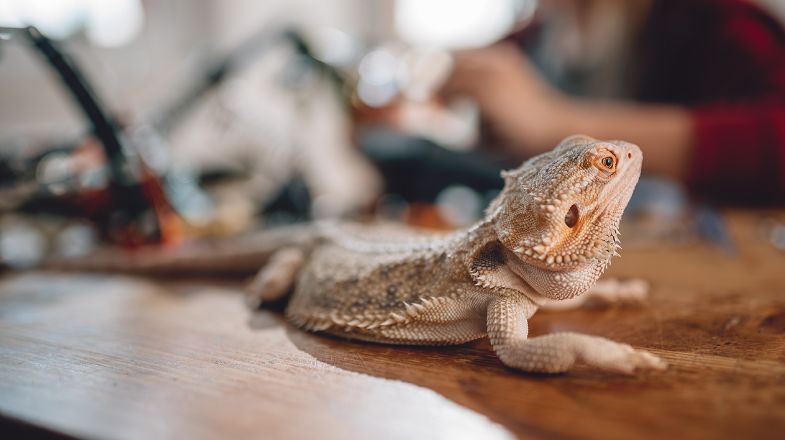
Resources Beyond Individual Breeders
The reptile marketplace extends beyond direct breeder sales to include reptile adoption programs that deserve consideration. I’ve partnered with exotic reptile community organizations that rescue and rehabilitate surrendered dragons. Reptile forums serve as invaluable resources where reptile hobbyists share breeder experiences, warning about problematic sellers and endorsing trustworthy sources. These community-vetted recommendations often prove more reliable than advertising claims.
Reptile hatcheries operating at larger scales can maintain quality when managed properly, though they require more scrutiny than small family-owned reptile breeders. The infrastructure supporting bearded dragon farms should include veterinary partnerships, quarantine protocols, and genetic diversity management. I’ve consulted for several operations helping them establish health screening procedures that prevent disease transmission between cohorts.
FAQ Section
How do I verify if a breeder is truly reputable?
Request references from previous customers, ask for their veterinarian’s contact information, and check membership in herpetological societies. Legitimate reputable bearded dragon breeders welcome scrutiny and provide detailed health guarantees.
What questions should I ask potential breeders?
Inquire about the dragon’s age, feeding history, parents’ health status, and any veterinary care received. Ask to see housing conditions and whether they practice ethical reptile breeding practices including genetic diversity management.
Are rare morphs healthier than standard bearded dragons?
Not necessarily. Some rare morph bearded dragons carry genetic predispositions to specific conditions. Work with responsible reptile breeders who test breeding stock and can discuss potential health considerations honestly.
Should I buy locally or online?
Both have advantages. Local reptile breeders allow facility inspections, while specialized online reptile breeders offer access to specific genetics. Prioritize breeder reputation and animal health over convenience.
What’s the typical price range from quality breeders?
Baby bearded dragons for sale from trusted reptile breeders typically range $50-$150 for standard morphs, while rare morph bearded dragons can exceed $300-$500. Unusually low prices often indicate compromised care standards.
How important are licenses and certifications?
USDA licensed breeders and registered breeders meet minimum legal standards, but certifications from herpetological organizations indicate commitment to excellence. Look for certified bearded dragon breeders with credentials beyond basic licensing.
You may also like
- Do Bearded Dragons Get Depressed?
- Healthy Bearded Dragon V/S Unhealthy
- Finding the Right Source: A Veterinarian’s Guide to Selecting Quality Dragon Providers
Share

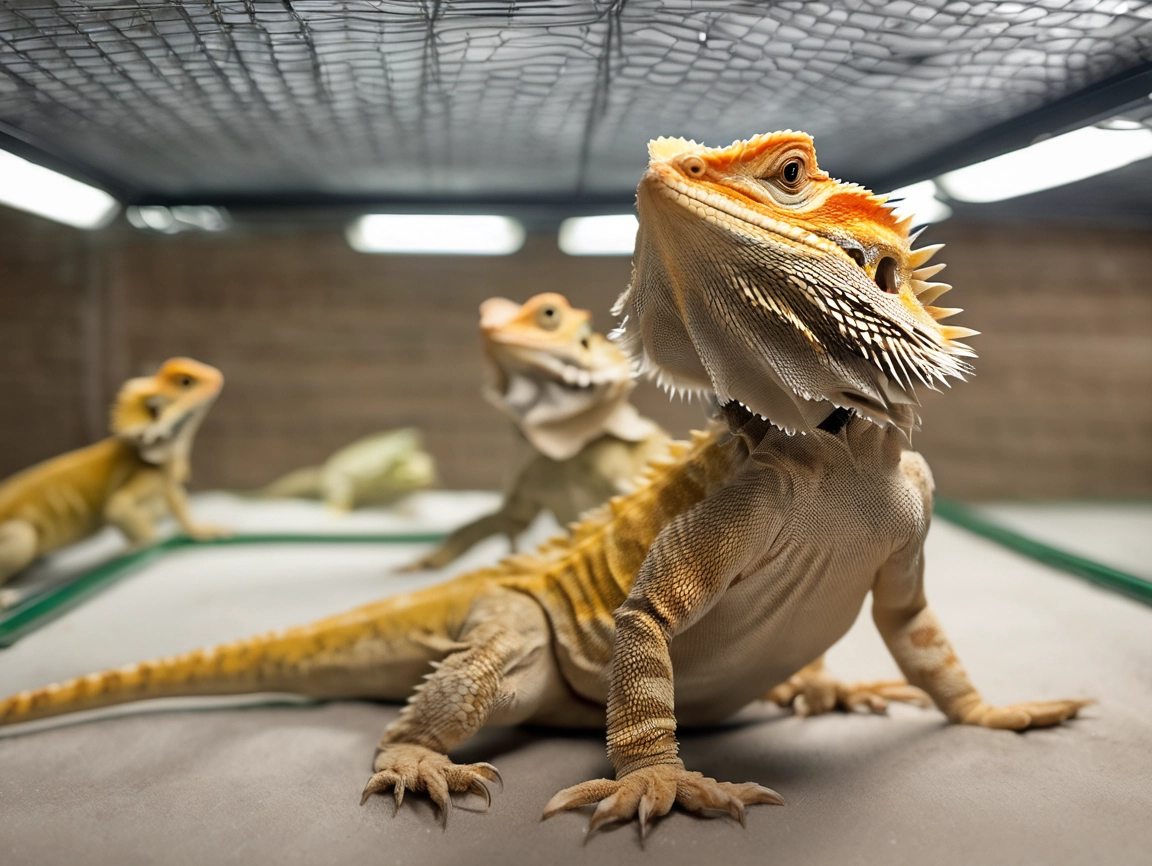
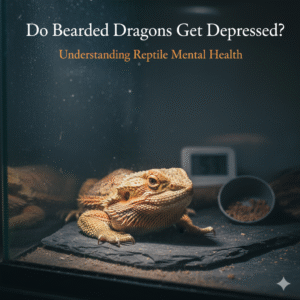
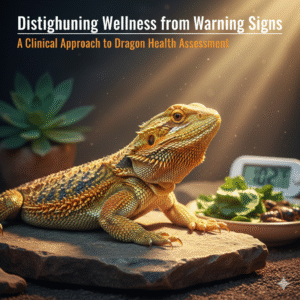
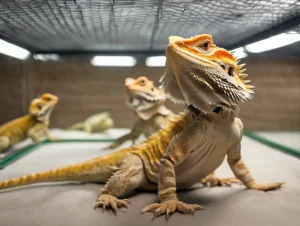
Leave a Reply